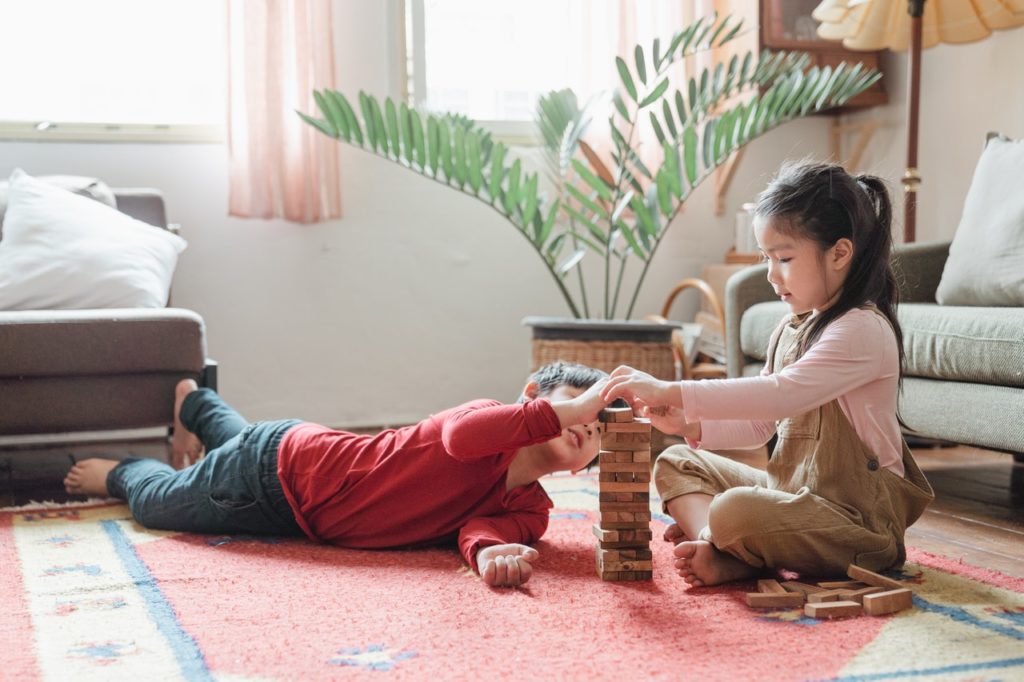Education is an integral part of everyone’s memories, especially when growing up. The moment we are born, we are expected to go through school and learn the basics of living in modern society. Learning how to read and write, basic mathematics and science, the intricacies of language, are all of the topics that are crammed into our tiny brains as soon as we’re intelligent enough to understand our own existence.
However, Children find it difficult to sit down in one spot and focus on words written on a paper. And this isn’t just a product of attention disorders- with all the energy that they have, they often feel like they’d rather run and jump around. That’s why many parents find it difficult to encourage their children to study. Studying can be quite boring and dull for kids to appreciate, no matter how much important it is for them.
Luckily, traditional methods of learning aren’t the only options available. There are many ways to get your child interesting in learning- neither are they dull nor boring. As a matter of fact, an alternative method of teaching can be fun and empowering. Just like with many things, injecting a bit of fun into something can help become more tolerable (if not downright enjoyable), and making learning interesting should be your main priority.
But how can you make learning interesting for your child? Here are a few tips to get you started.
Find Out What Type of Learner They are
Among the first things you should do is classify what type of learner your child is. Are they verbal learners? Then words, letters, and digits on a flashcard might help them remember better. Perhaps they’re auditory learners? Songs about topics and oral explanation might be effective. Or maybe they’re a kinesthetic learner? Activities, where they have to move around to learn, will be beneficial to their learning. Teaching them in a way they’ll absorb the information easier will prevent them from becoming frustrated, allow you to teach them more as they learn faster, and will generally be a better experience for both you and your child.
Artistic Learning
No matter the age, gender, or race, all children are artistic and creative. They have such rich imaginations that can be difficult to control. Allowing your child to exercise their creativity will help stimulate their brains- and you can let them exercise their creativity by letting them try out different artistic fields. Let them play music, or draw, or paint. Allow them to make a mess with their creativity every now and then, and they will understand the concepts of exploration and experimentation. Art is among the best ways to build skills, not just academic skills, mind you, but life skills as well. So let your child play with art, and when they’re older and have better motor skills and cognitive capabilities, you’ll be thankful that you did.
Go Out and Experience

Books are interesting, but they can only provide so much stimulus. Pictures and videos add another layer of stimulus, but when used too much can eventually become boring. This often leads to kids associating learning with being dull or boring. You can keep their excitement up by going to exciting places where they also learn. Children’s museums, zoos, planetariums, and other educational places offer a live experience for your children to have fun while absorbing knowledge. When done regularly enough, your child will associate learning with experiencing and having fun, making them look forward to lessons.
Make Learning a Part of Everyday Conversation
Learning about the world begins at home, and it specifically starts when you talk to your child. Casually mention trivia and bits of knowledge. It doesn’t matter how useful or informative it is, what’s important is that your child is trained to be open to learning. On a visit to a dentist, mention that braces and dentures fall under cosmetic dentistry. When out walking in a park, explain how grass use photosynthesis to get the nutrients they need from sunlight. Keep their childlike wonder for the world open, and it will naturally progress to them having a desire to learn more.
Validate and Compliment Them
Everyone feels good when their effort merits a compliment. Even children feel this, and it’s something that parents should never forget. Praising your child develops their sense of self and builds confidence. It also encourages them to think positively of themselves, and by extension think positively of other people. Complimenting your children costs nothing and praising them after studying or learning will motivate them to continue more.

